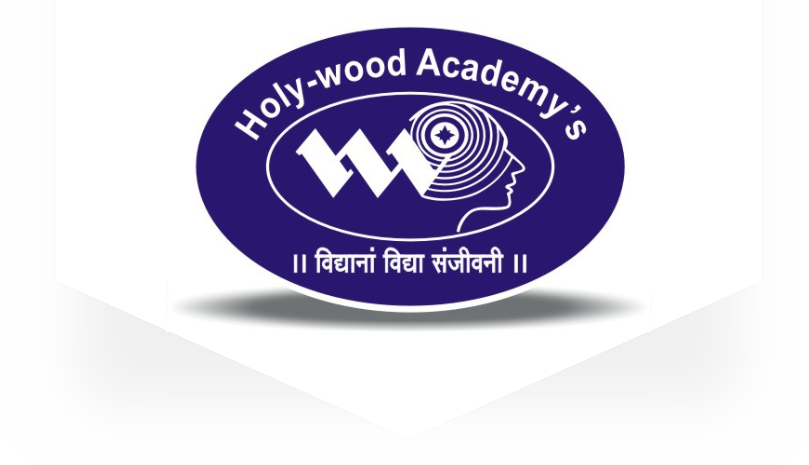Appllied Arts
A Bachelor’s degree in Applied Art and Craft is an undergraduate program designed to provide students with a comprehensive understanding of artistic techniques, design principles, and practical skills necessary to create functional and aesthetically pleasing objects. This degree program typically focuses on integrating creativity and craftsmanship to produce objects that can serve both artistic and functional purposes.
Being surrounded by such natural beauty and artistic inspiration can have a positive impact on students’ perspectives towards art, craft, creative ideas, aesthetics, visualization, communication, and research. The college’s location may provide a serene and tranquil atmosphere, which can help students explore their creativity, encourage out-of-the-box thinking, and foster a deeper appreciation for art and its various forms.
Key Components :
-
Develop Essential Skills
Master the art of execution with our hands-on approach. We embrace tradition while exploring contemporary methods to enhance your skills.
-
Cultivate Creative Ideas
Unleash your imagination with our expert guidance. Learn to generate ideas that communicate and express your artistic vision effectively.
-
Visualize Your Masterpieces
Transform your visions into reality through the power of visualization. See your art come to life like never before.
-
Embrace Theoretical Insights
Theory meets practice as we delve into the fundamental concepts of art. Gain a deeper understanding of your craft to elevate your creations.
-
Unleash the Power of Research
Every creation holds a story, and research is the key to unlocking its potential. Discover the significance of research in nurturing your artistic journey.
Eight semesters (Four Year) :
Here’s a general breakdown of how an eight-semester applied art program might be structured:
-
First Year
Semester 1 and 2: During the initial semesters, students often receive foundational instruction in art principles, drawing, design basics, and introductory courses related to different art forms and techniques.
-
Second Year
Semester 3 and 4: Building on the foundational knowledge, students may delve deeper into specific areas of applied art, graphic design, communication and digital art.
-
Third Year
Semester 5 and 6: The third year often focuses on more advanced and specialized topics within applied art. Students might explore areas like Illustration, Computer graphics, UI/UX, Display design and Stagecraft, Photography, typography, Advertising, advanced studio practice, and start developing their portfolios.
-
Fourth Year
Semester 7 and 8: In the final year, students often work on independent projects, advanced studio work, and might have opportunities for internships or practical experiences within the industry. They could also take elective courses to further specialize in their chosen area of applied art.
Throughout the program, students are likely to engage in hands-on studio work, practical projects, critiques, presentations, and potentially exhibit their work publicly. Additionally, Advertising history, Visual communication theory, and general education courses might be integrated to provide a well-rounded education.
